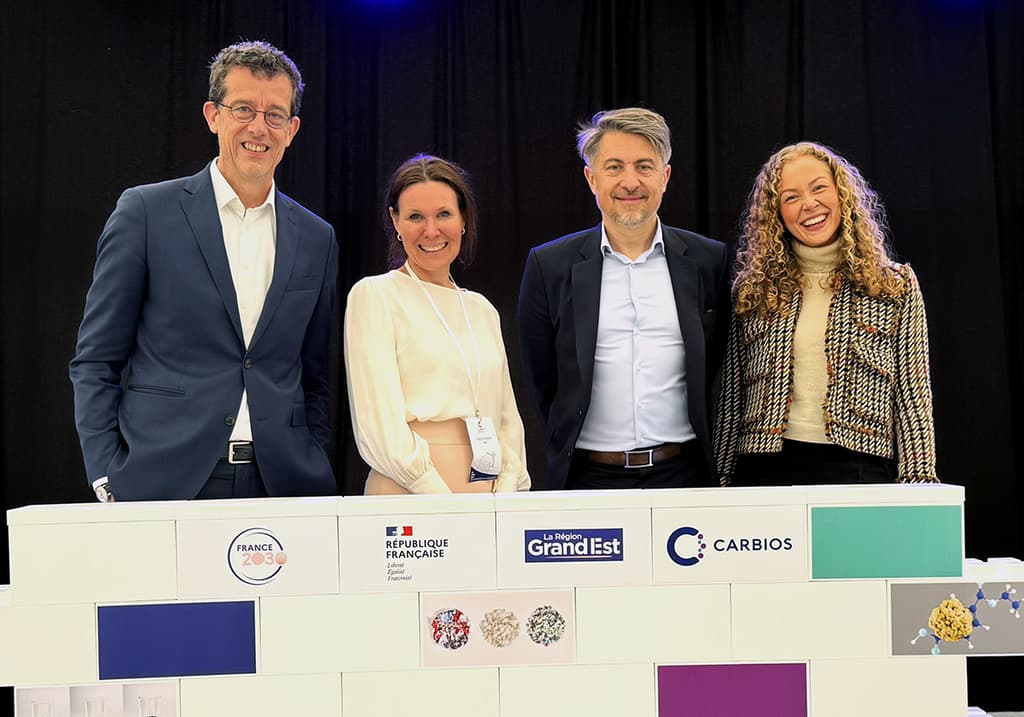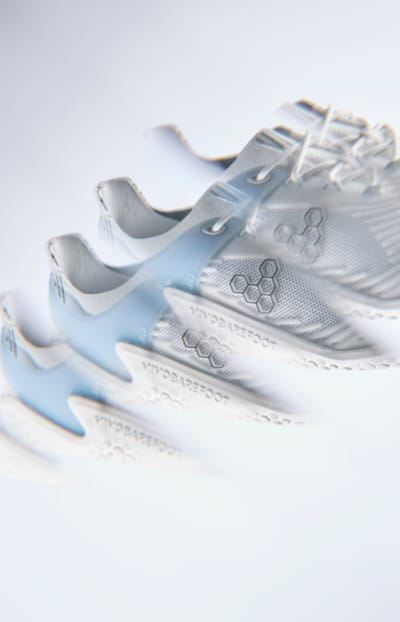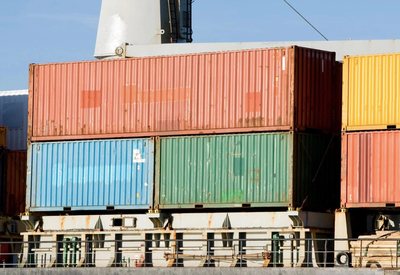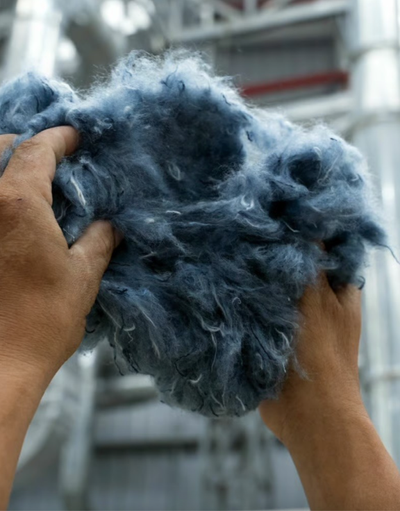In a groundbreaking move to tackle fashion's waste dilemma, Carbios and TOMRA Textiles have announced a strategic partnership to establish a state-of-the-art polyester recycling plant. This collaboration aims to revolutionise textile recycling and push the industry towards true circularity.
Under the agreement, TOMRA Textiles will spearhead efforts in Northern Europe to streamline the collection, sorting, and preparation of textile waste. The plant, set to rise in Longlaville, France, will harness CARBIOS’ innovative enzymatic depolymerisation technology to break down polyester fibres into their basic monomers, which will then be used to produce high-quality recycled polyester (r-PET) fibre. This closed-loop process is a critical step in significantly increasing the current one percent rate of textile-to-textile recycling.
Emmanuel Ladent, CEO of CARBIOS, emphasised the significance of this initiative: “CARBIOS is taking the lead in forming an efficient value chain for textile circularity and actively engages with global industry leaders such as TOMRA to shape the future of sustainable textiles.”
This pioneering effort will see TOMRA Textiles deploy its expertise in automated, sensor-based sorting technology to ensure the efficient preparation of post-consumer polyester waste. Vibeke Krohn, Head of TOMRA Textiles, highlighted the need for scalable circular solutions, stating, “The textile industry has been optimised for cost and efficiency for centuries. Closing the gap means scaling all the elements of a circular value chain – from collection to sorting to recycling technologies. Future recycling solutions depend on reliable access to feedstock. Through the collaboration with CARBIOS, we hope to stimulate further investments needed to scale textile circularity.”

CARBIOS' enzyme-based recycling technology represents a breakthrough in addressing the challenge of polyester textile waste. By breaking down polyester into its fundamental components, CARBIOS' technology facilitates the production of high-quality recycled PET materials, such as fibres for the textile industry. This method not only diverts waste from landfills and incineration but also creates a sustainable source of raw materials for future textiles.
The new plant in Longlaville is set to be the first commercial facility of its kind, showcasing the transformative potential of CARBIOS’ biorecycling processes. The collaboration with TOMRA Textiles underscores a shared commitment to developing innovative recycling solutions and closing the circularity gap in the textile industry.
As the global fashion industry grapples with sustainability challenges, this venture by CARBIOS and TOMRA Textiles marks a significant stride towards a circular economy. By leveraging advanced sorting and recycling technologies, this partnership aims to create a viable and scalable model for textile recycling, offering a promising alternative to the traditional linear model of production and waste.
In an era where environmental impact and resource efficiency are paramount, the efforts of CARBIOS and TOMRA Textiles to pioneer comprehensive recycling solutions are set to redefine the future of sustainable fashion.





